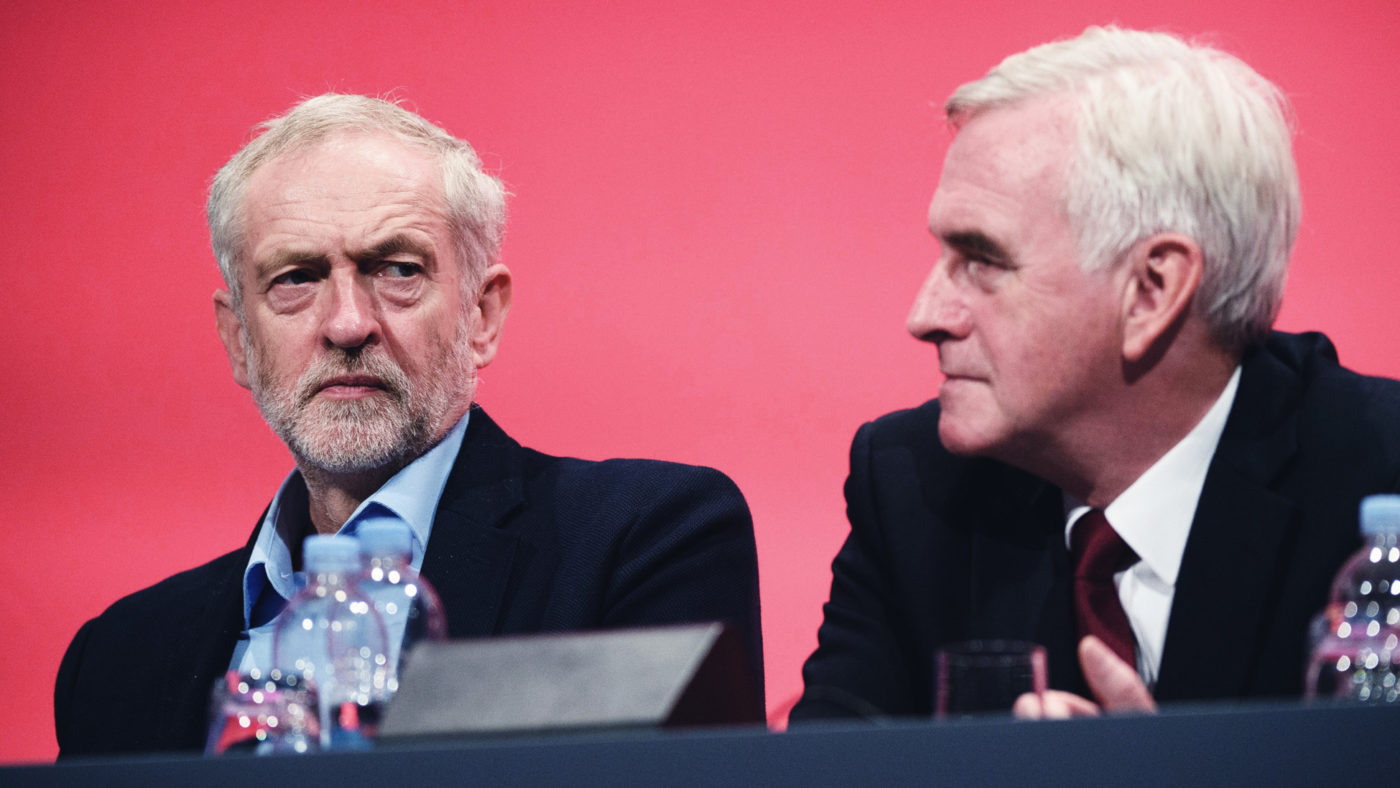Jeremy Corbyn loves to talk about solidarity. In a message to the nation last year, the Labour leader said the following: “The essence of my socialism [is] summed up in the word ‘solidarity’. The concept of solidarity is about our unity – we succeed or fail together. Yet too often there are attempts to divide us, to scapegoat, rather than help those in need”.
This initially sounds like a harmless statement that few could take issue with. Yet what Mr Corbyn actually means by the word “solidarity” is far more sinister. What he really means is “coercion”.
A free-market economy epitomises the traditional concept of solidarity. No system ever devised has been as conducive to peace, prosperity, and the deconstruction of social and cultural barriers as capitalism. If you were to go shopping in an average British supermarket, your typical basket would likely contain merchandise from across the globe. Without realising it, your purchases help to support families from almost every country on earth, from a whole host of cultures – who may worship many Gods or none – all working together to provide us with the goods we wish to buy.
Capitalism encourages cooperation and interdependence on a scale no central planner could ever dream of. And crucially, each individual participates as a matter of choice. Because, at that point in time, at that stage in their life, that person felt that helping to make the cardboard, to make the boxes, which contain the cereal that you felt like purchasing, was the best and most productive use of their time.
This, however, is not what I suspect Mr Corbyn had in mind when he delivered his address.
His understanding of solidarity is very different. It involves a few people at the top (who maintain their free will) making decisions and imposing their wishes on the rest of us (who do not).
It involves the government deciding how much we should pay for our energy, transport, postage and anything else John McDonnell may wish to nationalise or interfere with. It involves the government (perhaps in cahoots with a select handful of trade union barons), deciding how much we should be paid. And it involves huge increases in taxation, with the government deciding how and on what the proceeds should be spent.
This is not solidarity. Solidarity can only ever be produced voluntarily. It evolves naturally through mutually beneficial relationships. We express solidarity when we give to charity, when we join a sports club, patronise a shop, pub or restaurant, when we help our friends, relatives, or a stranger in the street. We express solidarity through all of these things. But not when we are forced to do so by the coercive power of the state.
Indeed, if solidarity is to have any moral force, it cannot be generated through compulsion. Taxation reduces our capacity to express solidarity by reducing our freedoms. State spending makes us less conscious of our social responsibilities, and less willing, as well as less able, to give to charity. Solidarity and taxation are therefore an anathema to one another.
Yet under socialism, the meaning of the word is transformed utterly from a mutually beneficial, voluntary interdependence on one another to an obligatory and absolute dependence on the state and on those above us taking decisions on our behalf.
So next time you hear the Labour leader express his desire for “solidarity”, think. Does he refer to an act of reciprocal, freely given kindness to our fellow man? Or does he mean “coercion”, forcing others to blindly follow the same moral code as those who wield power? I can almost guarantee he will be calling for the latter.


